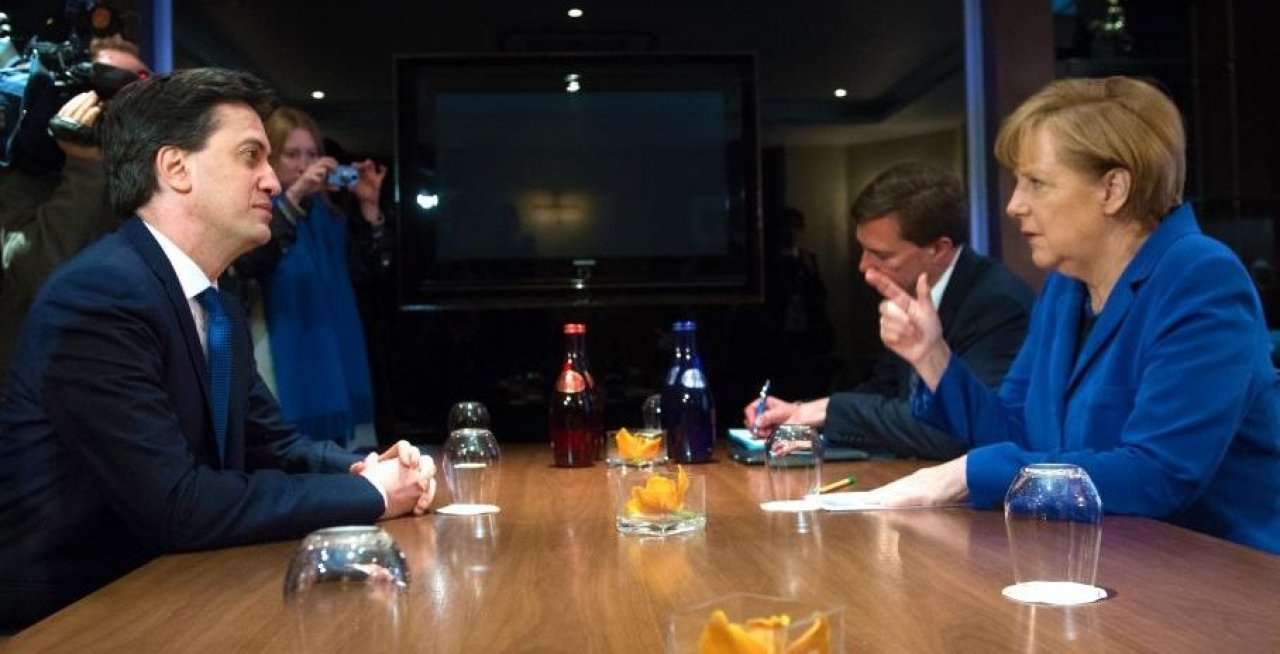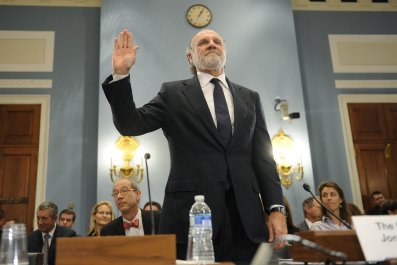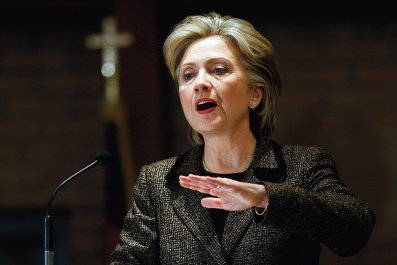Britain's Labour Party leader, Ed Miliband, the only real contender to replace David Cameron as UK prime minister after the election on 7 May, is picking up unlikely allies.
Though Germany's Christian Democrats, led by German chancellor Angela Merkel, officially support the Conservatives, leading party members with knowledge of Merkel's personal views say that a Miliband victory would be a relief.
"David Cameron has extracted so many concessions for Britain from other EU leaders," says one senior Christian Democrat who declined to be named, "that it will be very difficult for the leaders to keep those promises. Angela Merkel has spent a lot of her own political capital asking the other leaders for these favours for Britain."
While the German chancellor and the British prime minister enjoy a good personal rapport, the Christian Democrats and the Conservatives are no longer as close as they once were.
"There's great concern among Christian Democrats that Britain could manoeuvre itself out of the EU," says Dr Nicolai von Ondarza, an expert in British politics at the Stiftung Wissenschaft und Politik, a German thinktank. "In this election, they're particularly concerned that Cameron will try to accommodate Eurosceptics."
Thanks to its solo overtures in Brussels – it was one of only two countries to oppose the appointment of Jean-Claude Juncker as president of the European Commission – Britain now occupies a lonely corner in EU circles. As a result, Cameron's voice doesn't carry much weight with other leaders and he has to rely largely on Merkel for support. "Cameron's entire EU strategy consists of being able to win Merkel and Germany over," notes von Ondarza.
In 2009, just before the last election, Cameron announced that the Conservatives would be leaving the European Parliament's group of centre-Right parties, to which the German Christian Democrats and their allies in other member states belong. Not surprisingly, the move caused anger among the group's other parties.
But Nico Lange of the Christian Democratic party-affiliated Konrad Adenauer Foundation denies that the Christian Democrats want the Conservatives to lose. "The fact that the UK tries to get exemptions from EU rules is a tradition that goes back to long before Cameron," notes Lange. "What worries Christian Democrats is Ukip's strength and how it will influence British EU policies."
"Ever since becoming a member, Britain has been given a special role in the EU," says Lange. "For Germany and other members, keeping Britain in the EU was always a priority."
All this has led some Christian Democrats to ponder the merits of a Labour government under Ed Miliband, which would, presumably, let Merkel direct her attention to domestic issues and various world crises such as those in Ukraine and Greece.
"Miliband hasn't made any EU promises to the British public," says the senior Christian Democrat. But though Labour proclaims itself committed to the EU, in government the party would face the same eurosceptic mood now troubling Cameron




























